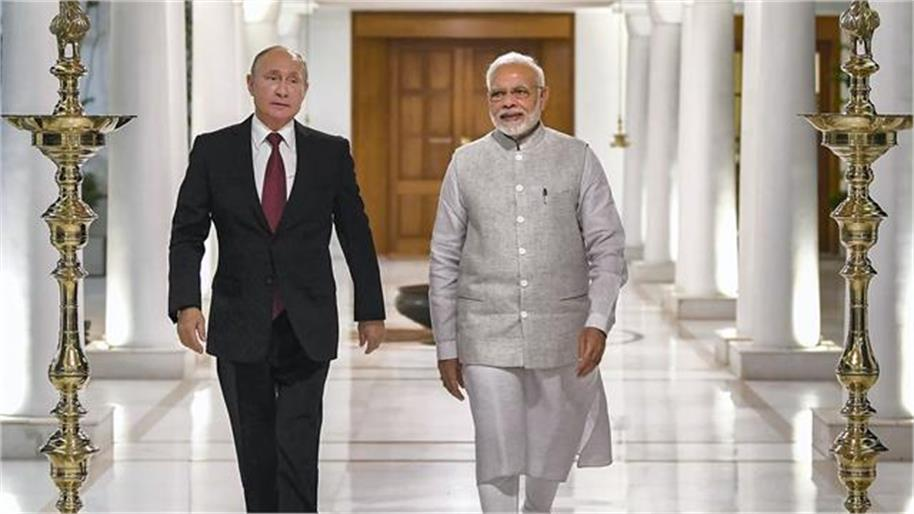In what is being described as a major strategic move, Prime Minister Narendra Modi’s government has pushed back against U.S. pressure by placing a massive aircraft order with Boeing on hold. The decision, worth nearly ₹31,000 crore (approx. $3.7 billion), comes amid escalating trade tensions with Washington and President Donald Trump’s warnings over India’s continued purchase of crude oil from Russia.
Growing Strains Between New Delhi and Washington
The U.S. administration has repeatedly urged India to stop buying discounted Russian oil, threatening import tariffs of up to 50% if New Delhi fails to comply. However, India has stood firm, insisting that securing affordable energy is essential for its national interest and energy security.
The suspension of the Boeing deal sends a strong economic message, impacting not only the American aerospace giant but also the U.S. economy, given its implications for jobs and the broader trade balance.
Rising India-Russia-China Cooperation
At the same time, India’s closer engagement with Russia and China is raising concerns in Washington. According to diplomatic sources, Prime Minister Modi is expected to visit Beijing later this month to hold talks with Chinese President Xi Jinping, while Russian President Vladimir Putin is likely to visit India soon. Additionally, China’s Foreign Minister Wang Yi is also scheduled to arrive in New Delhi within weeks.
The prospect of India, Russia, and China aligning more visibly on global issues signals a potential shift in the geopolitical balance, leaving the U.S. wary of being strategically cornered.
Moscow and Beijing Back New Delhi
Both Russia and China have voiced support for India’s position.
-
Russia stated that India has every right to decide its trading partners without external interference.
-
China criticized Washington’s warnings as unjustified and welcomed New Delhi’s independent stance.
Their backing underscores India’s growing leverage in navigating its foreign policy priorities, despite U.S. attempts to exert pressure.
Strategic Implications
The suspension of the Boeing order is more than just an economic decision — it represents New Delhi’s assertion that it will not compromise on sovereignty and national interest. By signaling deeper ties with Moscow and Beijing, India has reminded Washington that it has multiple strategic options on the global stage.
As these developments unfold, the coming weeks — with high-level visits by Modi, Xi, and Putin — could reshape diplomatic equations, potentially isolating the United States in key regional dynamics.


